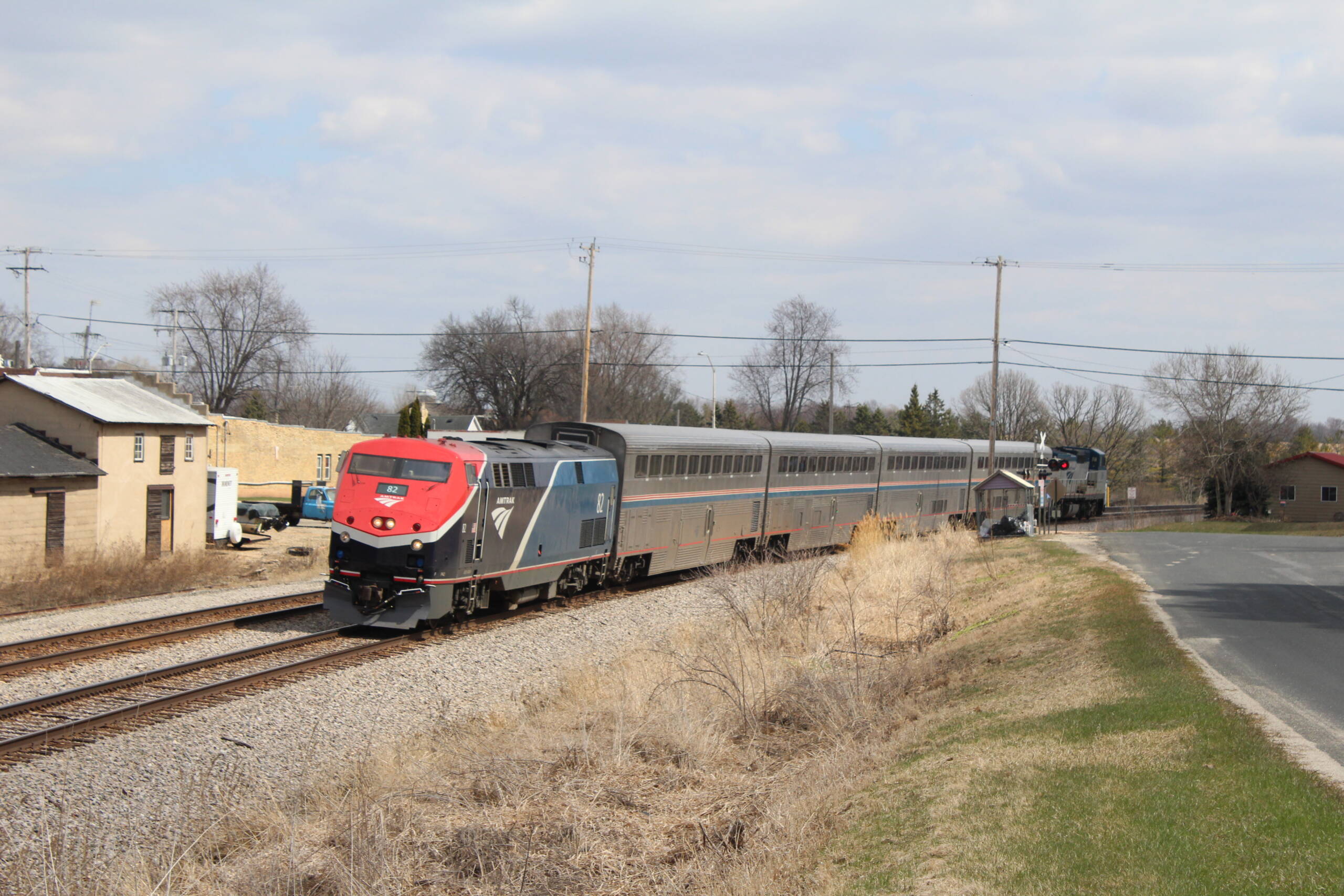

WASHINGTON — The federal government may be headed for a shutdown if 60 U.S. Senators can’t agree on a path forward by the end of the month, but late last week the upper chamber’s lawmakers did vote to confirm Pennsylvania Republican Robert Gleason to a 5-year term on Amtrak’s board of directors [“Senate confirms Robert Gleason … ” Sept. 22, 2025 ].
Gleason, who hails from the Johnstown, Pa., area, fills the last vacancy and a state-supported route slot, though at his Senate Commerce Committee confirmation hearing last May he stressed Amtrak’s importance to “bringing better passenger rail service to small towns across America” [“Amtrak board nominee Gleason voices strong support … ” May 13, 2025].
Following appointments by Presidents Biden and Trump after nearly a decade when existing members continued to serve years after their terms expired, Amtrak’s board of directors now reflects diverse geographic and political representation of the three business segments, as legally mandated in the company’s latest reauthorization.
Its current members (with the state they currently reside in) are:
- Anthony Coscia (New Jersey) Chairman — Northeast Corridor (D)
- Joel Szabat (Maryland) Vice chairman — Northeast Corridor (R)
- David Capozzi (Delaware) — Northeast Corridor* (D)
- Ron Batory (New Mexico) — Long-distance (R)
- Elaine Clegg (Idaho) — Long-distance (D)
- Lanhee Chin (California) — State-supported (R)
- Chris Koos (Illinois) — State-supported+Long distance (D)
- Robert Gleason (Pennsylvania) — State-supported (R)
- U.S. Transportation Secretary Sean Duffy or his designee (R)
* — Capozzi also was nominated to represent interests of the disabled community
Obstacles ahead
Amtrak’s leadership and governance currently faces many challenges. These include:
- Continuing equipment shortages exacerbated by maintenance failures.
- A stalled long-distance passenger car procurement that threatens national network viability as 45 year-old Superliners soldier on.
- Highway-friendly Republican lawmakers in the U.S. House of Representatives who insist on passenger rail “profitability” when Amtrak annual appropriations are debated, while roads and air traffic control systems receive billions in guaranteed funding from the federal government.
- A looming surface transportation reauthorization in which there are efforts to reconstitute Amtrak’s host railroad access and liability insurance cap advantages over other potential operators.
The existing financial arrangement allows the company to determine, allocate, and pass along administrative, maintenance, and operating costs for regional services to the states or operating authorities that support them. Similar criteria are used in measuring the financial performance of inter-regional trains, also funded through Congress’ annual appropriation.
This has been an increasing source of friction between the sponsoring entities and Amtrak, which lawmakers are being pressed to address. The public’s recent acceptance of the Chicago-St. Paul, Minn., Borealis and New Orleans-Mobile, Ala., Mardi Gras stand out as successes, and the national operator has devoted substantial resources to support their launch. However, it is possible that provisions of the Passenger Rail Investment and Improvement Act’s Section 209, which essentially protects Amtrak from the risks of starting and maintaining state-supported services, may be revisited.
Fink confirmation delayed
Meanwhile, the Senate has still not voted to confirm David Fink as Federal Railroad Administrator. The former president of PanAm Railways was grilled at the same May 13, 2025, confirmation hearing as Gleason.
Since Biden appointee Amit Bose resigned in January, the FRA has been without a confirmed administrator. During that time, Transportation Secretary Sean Duffy eliminated the Railroad Safety Advisory Committee (RSAC) with the justification, among other reasons, to “refocus advisory committees on what matters” [see “FRA disbands Railroad Safety Advisory Committee,” Trains.com Aug 13, 2025]. FRA disbands Railroad Safety Advisory Committee – Trains
Duffy lumped RSAC among advisory groups that “had been overrun with individuals whose sole focus is their radical DEI (diversity, equity and inclusion) and climate agenda.” It isn’t clear why Fink has yet to be confirmed.






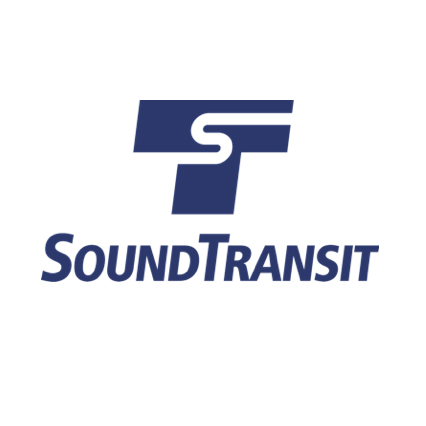
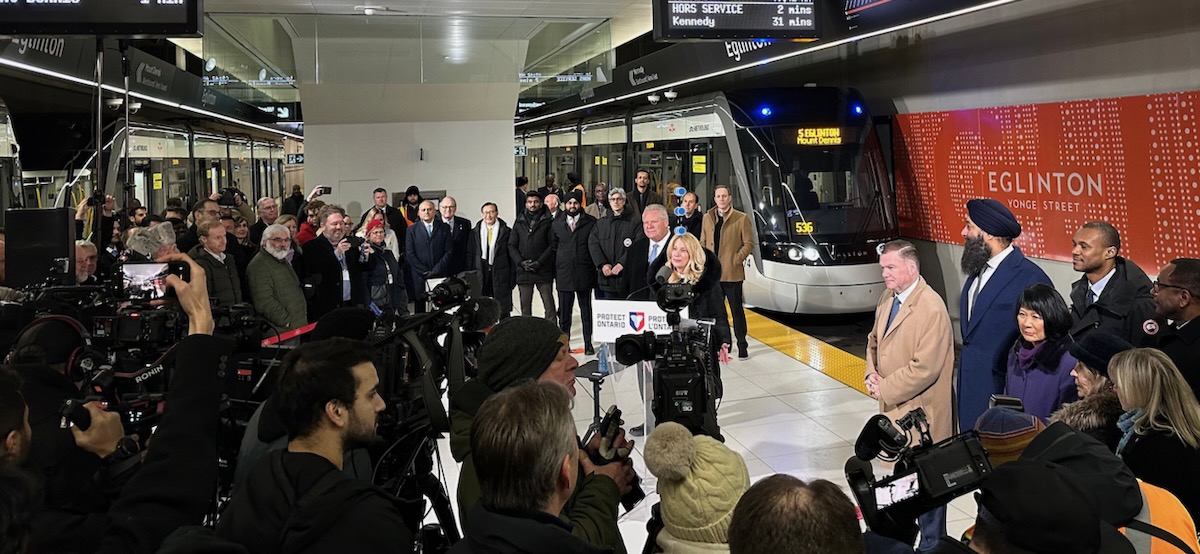
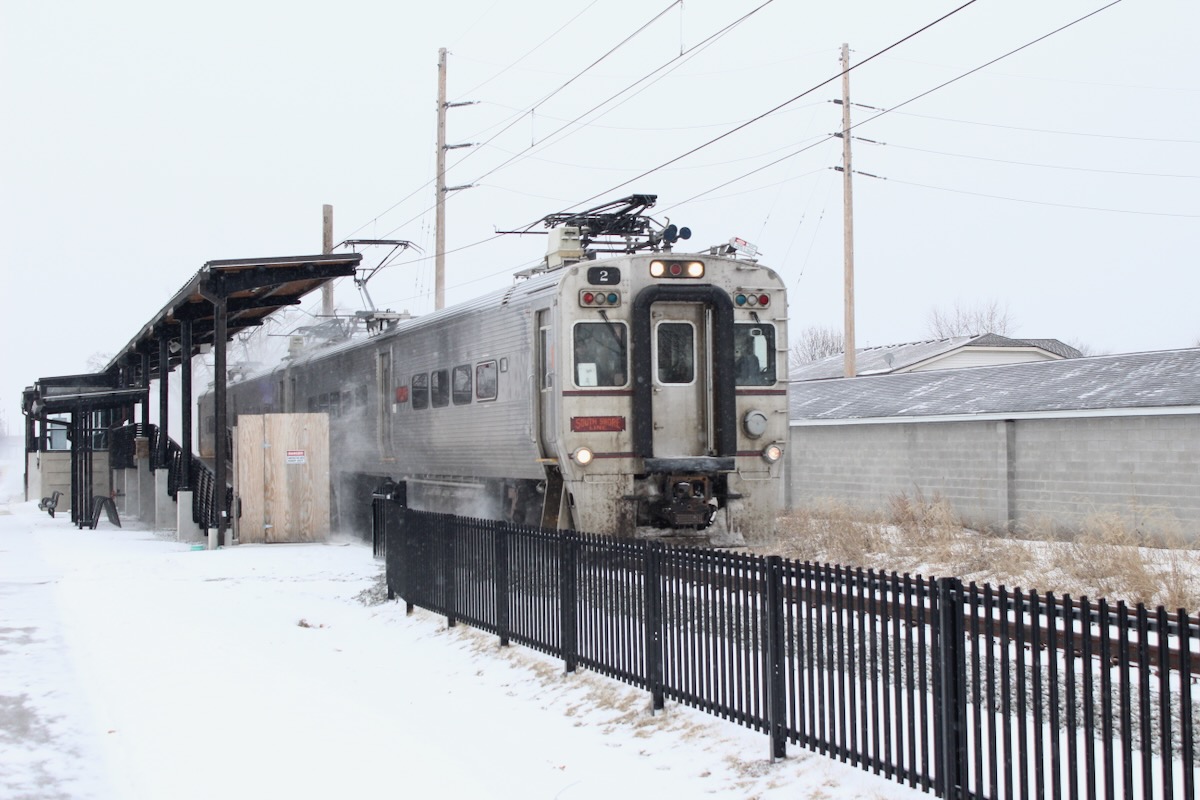
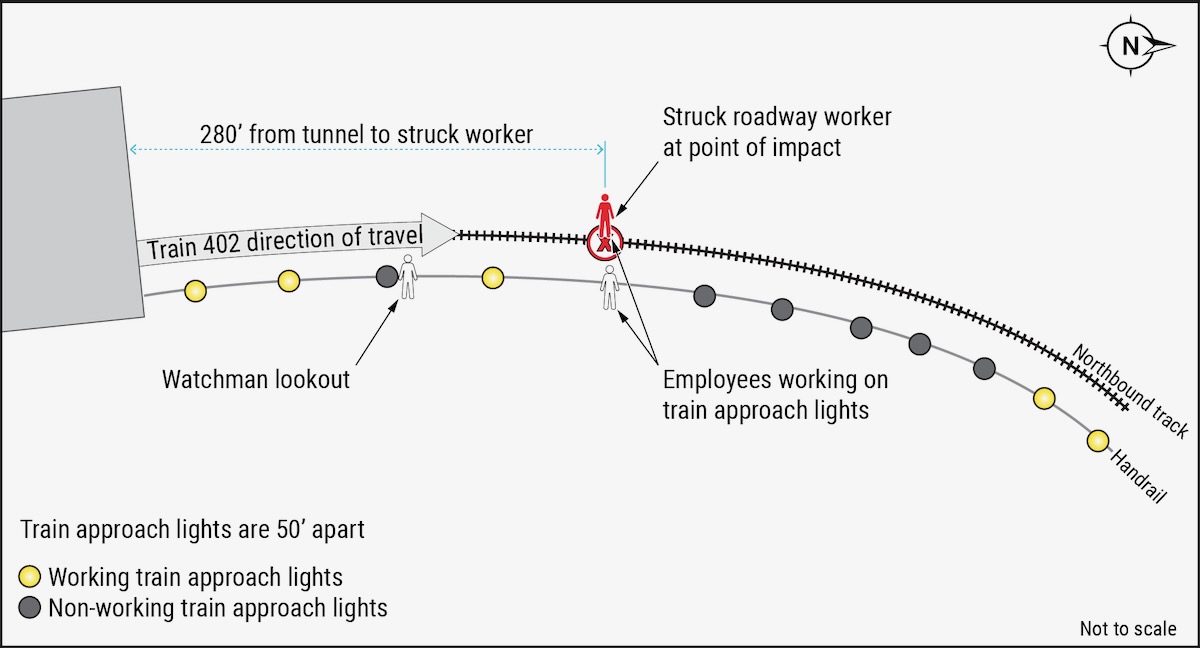




Superliner style cars are more appropriate for LD western routes with the longer distance & two night travel. Single level cars would require much longer train consists or less capacity. Viewliner slprs do not have the same capacity as Superliners, they lack the restroom space, family/handicap space. I do agree that the concept of an elevator on any new LD equipment is ridiculous as passenger rail is still the most accommodating mode for the handicapped. Making an entire train consist handicap accessible whether single level or otherwise would require making coach seats narrower to facilitate wider aisles this would make sleeping in a coach seat much more uncomfortable & for two nights even more so. What is needed is an updated superliner format but this may all be for naught if the funding for these cars has been clawed back by the Administration.
Good post Galen. Compare the most minimal railroad passenger lavatory to a lavatory on an airliner. The airlines don’t even bother to pretend they have accessible toilets.
I’m average size for a male and have no mobility disabilities. I can barely get into an airplane’s toilet room let alone be comfortable for the business at hand. {Oh, the last two words could have been stated differently.}
Re: “A stalled long-distance passenger car procurement that threatens national network viability as 45 year-old Superliners soldier on.” Amtrak would do well to abandon the waste of resources to redesign and construct new bilevel cars for western long distance trains. They lack the ergonomics, versatility, and space of single-level passenger cars where the upper berths are not like closed coffins on the Superliners. Single-level cars make possible the introduction of true transcontnental passenger trains between the East, the Pacific and Gulf coasts through lack of height restrictions. They adopt to both low level and high level station platforms.
Aesthetically, single-level cars provide a uniform profile along the roof lines of locomotives, baggage cars, and the occasional private vintage passenger cars. [Superliner trains have the staggard profile of a freight train with low profile locomotives and tall auto carriers or double-stack containers.]
I agree Ms. Vinson. It’s hard for me to understand why Amtrak believes it needs to re-invent the wheel. The money saved on design work alone would probably pay for at least one long distance train set.
“ Aesthetically, single-level cars provide a uniform profile along the roof lines of locomotives, baggage cars, and the occasional private vintage passenger cars.”
This is completely irrelevant to the decision points on this procurement and should not be a consideration. It’s about what’s best for the passengers and routes. Not what looks best for railfan photos.
The photog shows four Superliners on the Borealis which isn’t at all typical. I have only seen three. Is it possible one car was a deadhead. April 11 was a Friday but even so four cars is a lot.
I rode a Superliner set on a Hiawatha last month. Apparently the schedules allow for a Superliner set on a Hiawatha turn before the cars are sent out to Saint Paul on the Borealis.
I can’t be the only one to notice that positive comments on the Mardi Gras (2X daily) and positive comments on the Borealis (2X daily west of MKE) echo each other.
With all respect to Mobile I hope it’s a populous enough metro area to continue to support the new train.
My wife and I along with two of our grandchildren made a round trip on the Mardi Gras train this past Sunday. The train was sold out and this was on an away game weekend for the Saints. The train, including the windows was clean. They must be running it through the wash rack in New Orleans when needed.
The onboard staff were friendly and professional and kept us well informed of stops and meets along the way. We ate breakfast on the way to New Orleans and although it’s prepackaged and heated in a microwave it was better than I expected and reasonably priced as was the dinner we had on the way back.
Hopefully the trains will continue to be popular and hopefully City of Mobile will continue to help support the service. We’ve already bought tickets for another trip in October for a wedding in New Orleans.
I can tell you this. Even though the train takes a little over an hour longer to get to New Orleans from Mobile, it’s way better than driving I-10 along the coast. Especially as N.O. has lots of options for public transportation around the city.